Undersecretary Dr. Ader Macar Aciek Represents South Sudan at the 7th Annual Health Financing Forum
Posted on: 2024-04-17. Maidodo Juma Maidodo - Communication Specialist (MoH/PMU)

Undersecretary Dr. Ader Macar Aciek Represents South Sudan at the 7th Annual Health Financing Forum
Dr. Ader Macar Aciek, Undersecretary of the National Ministry of Health for South Sudan, participated in the prestigious 7th Annual Health Financing Forum (AHFF) held in Washington D.C, USA, from April 15th -17th, 2024. The AHFF, co-hosted by the World Bank Group, USAID, and the Global Financing Facility (GFF), is a landmark global event that brings together key stakeholders in health financing and broader fiscal policy discussions.
A Platform for Collaboration and Innovation
The forum serves as a vital platform for knowledge exchange, fostering collaboration and innovation in the crucial area of health financing, particularly for low- and middle-income countries like South Sudan. Dr. Ader’s participation signifies the Ministry of Health's commitment to exploring best practices and forging partnerships to address South Sudan's specific health financing challenges.
A Gathering of Experts
The AHFF stands out for its diverse and distinguished participant base, drawing hundreds of officials from Ministries of Finance and Health from across the developing world. Representatives from bilateral and multilateral institutions, the private sector, civil society organizations, think tanks, and academia also contributed their expertise to the discussions. This rich tapestry of perspectives fostered a dynamic environment conducive to robust dialogues, challenging existing paradigms, and sparking innovative solutions for health financing.
Sharing Knowledge and Experiences
A core aspect of the AHFF is the exchange of knowledge, experiences, and best practices in health financing policy formulation, implementation, and advancement. Dr. Ader and his fellow participants engaged in discussions that provided practical insights on the latest scientific research and country-specific experiences. This cross-pollination of ideas is crucial for developing sustainable and effective health financing strategies.
Advancing South Sudan's Health Agenda
South Sudan faces unique challenges in ensuring equitable access to quality healthcare. The AHFF provided Dr. Ader with a valuable opportunity to learn from successful health financing models implemented in other developing nations. These insights will undoubtedly contribute to South Sudan's ongoing efforts to strengthen its health system and improve health outcomes for its citizens.
Key Takeaways for South Sudan's Health Financing
The AHFF served as a springboard for South Sudan's Ministry of Health to explore a range of potentially transformative approaches in health financing. Here are some potential takeaways and areas for further exploration:
- Innovative Financing Mechanisms: Exploring innovative financing mechanisms, such as public-private partnerships, user fees with exemption mechanisms for vulnerable populations, and leveraging diaspora remittances, were likely discussed.
- Strengthening Domestic Resource Mobilization: The forum likely addressed strategies for strengthening domestic resource mobilization for health, such as improving tax collection efficiency and exploring health insurance schemes.
- Prioritizing Primary Healthcare: Discussions may have focused on prioritizing primary healthcare as a cornerstone of a robust health system and exploring cost-effective interventions to address prevalent health challenges in South Sudan.
- Harnessing Technology for Efficiency: The AHFF could have explored how technology can be leveraged to enhance efficiencies in healthcare delivery and financing, such as telemedicine and electronic health records.
Building on the AHFF Momentum
Dr. Ader’s participation in the AHFF is a significant step forward for South Sudan's health financing agenda. The insights gleaned from the forum can now be translated into concrete action plans. Continued collaboration with international partners and stakeholders, along with strong political will and resource allocation from the South Sudanese government, are crucial to achieve tangible progress in improving health outcomes for the people of South Sudan. The Ministry of Health can leverage the knowledge gained at the AHFF to:
- Develop a Comprehensive Health Financing Strategy: Drawing on the best practices and lessons learned, South Sudan can develop a comprehensive national health financing strategy tailored to its specific context.
- Engage Stakeholders in Policy Development: Meaningful stakeholder engagement, including the private sector, civil society, and the public, is vital for successful policy implementation.
- Monitor and Evaluate Progress: Robust monitoring and evaluation frameworks are necessary to track progress and assess the effectiveness of implemented health financing strategies.
Building a Healthier Future for South Sudan
By actively participating in international forums like the AHFF and translating these learnings into concrete action plans, the South Sudan Ministry of Health demonstrates its commitment to building a stronger health system for its people. This commitment, coupled with continued international collaboration and domestic resource mobilization, paves the way for a healthier future for all South Sudanese citizens.
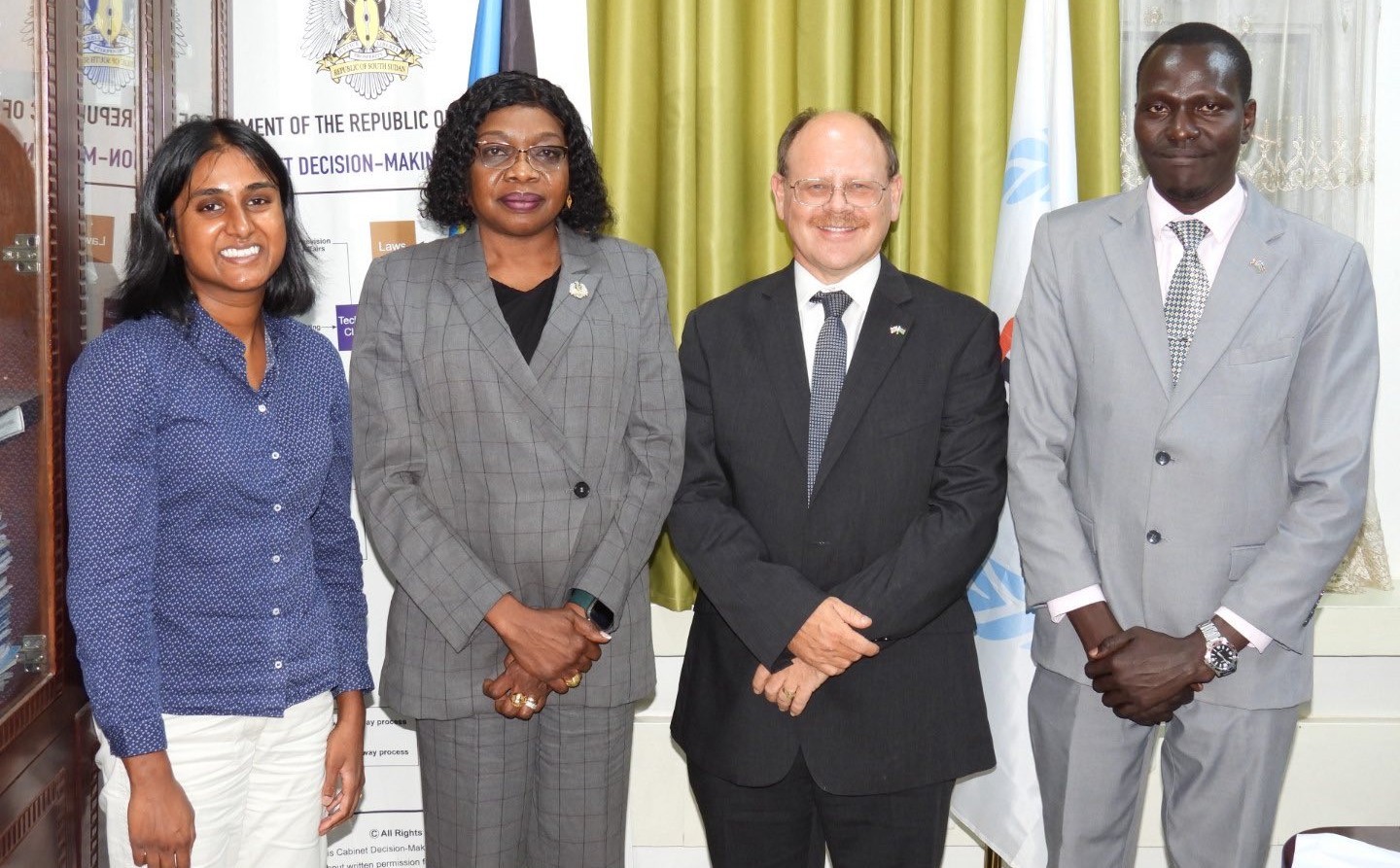 Introduction to Health Sector Transformation Projects
Introduction to Health Sector Transformation Projects
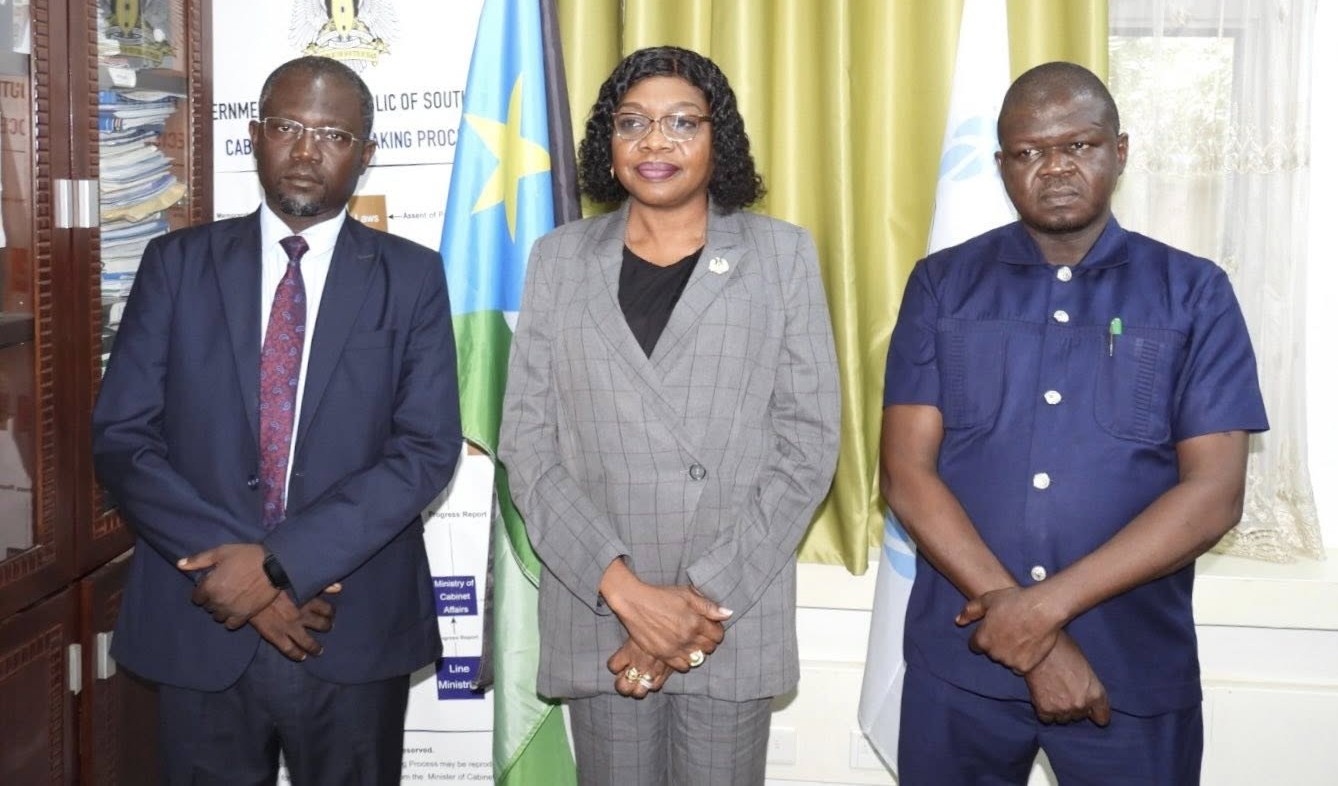 Minister of Health Meets Office with Western Bhar El Ghazal State Minister to Address Pressing Health Concerns
Minister of Health Meets Office with Western Bhar El Ghazal State Minister to Address Pressing Health Concerns
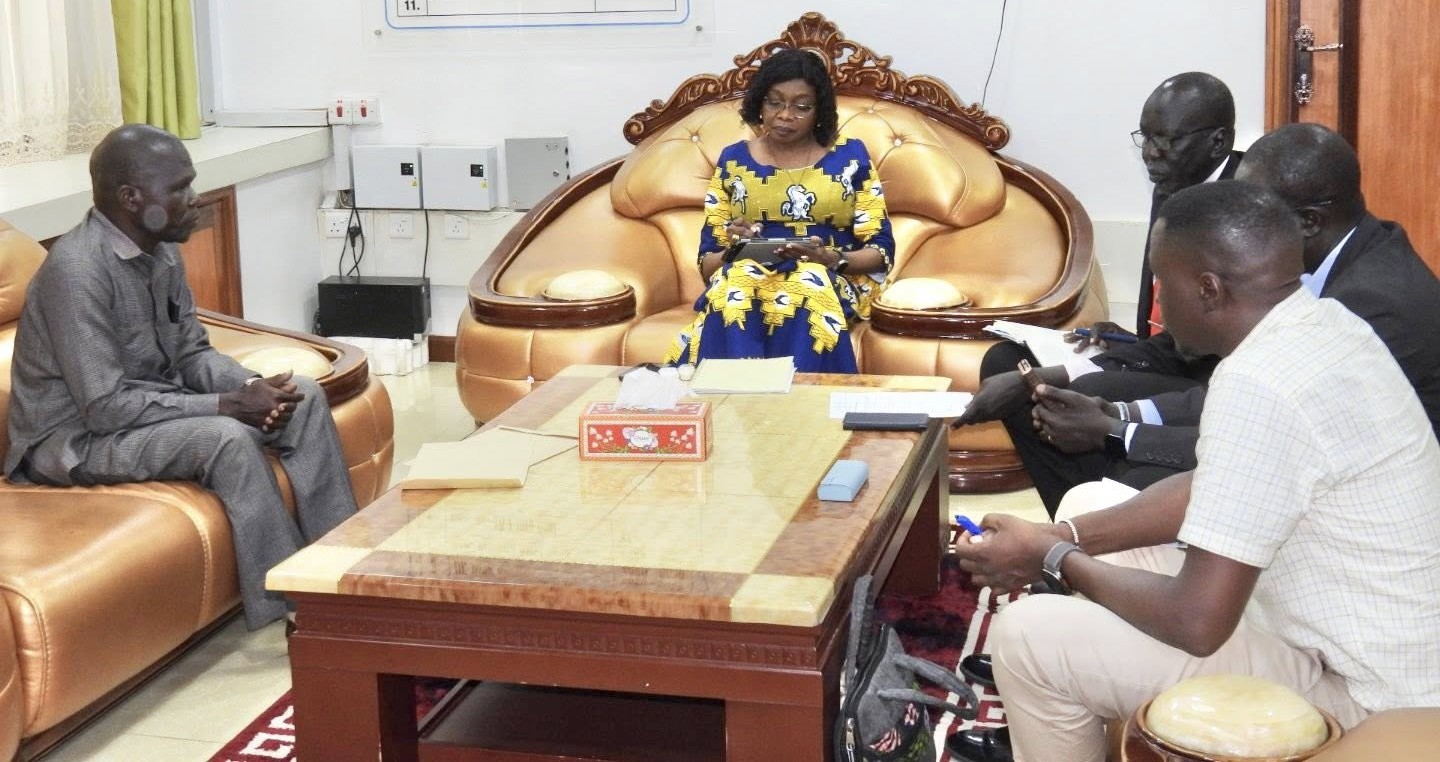 Health Minister Evaluates Current Situation at Juba Teaching Hospital
Health Minister Evaluates Current Situation at Juba Teaching Hospital
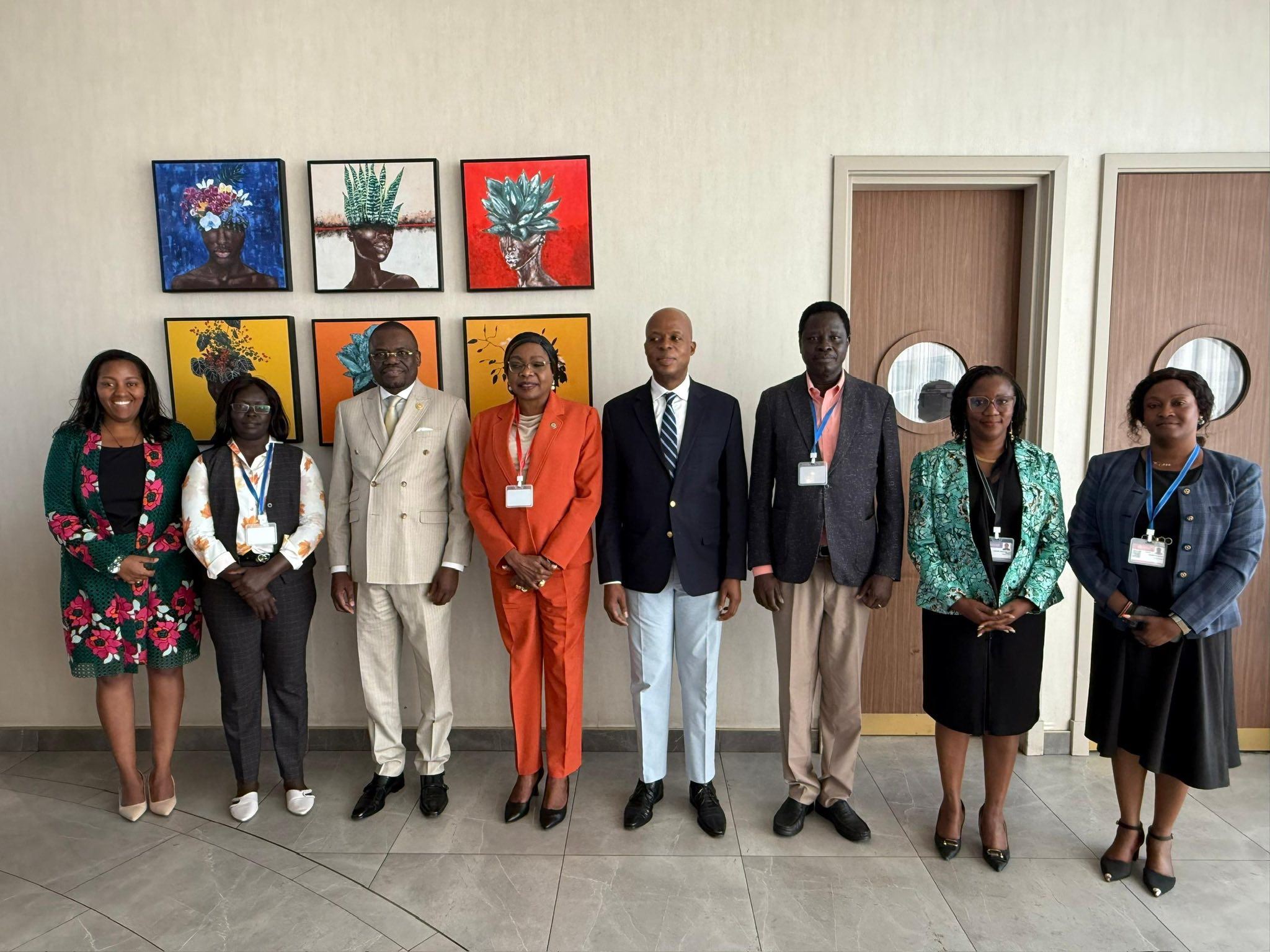 Minister of Health Addresses Urgent Issues in Health at WHO Regional Meeting
Minister of Health Addresses Urgent Issues in Health at WHO Regional Meeting
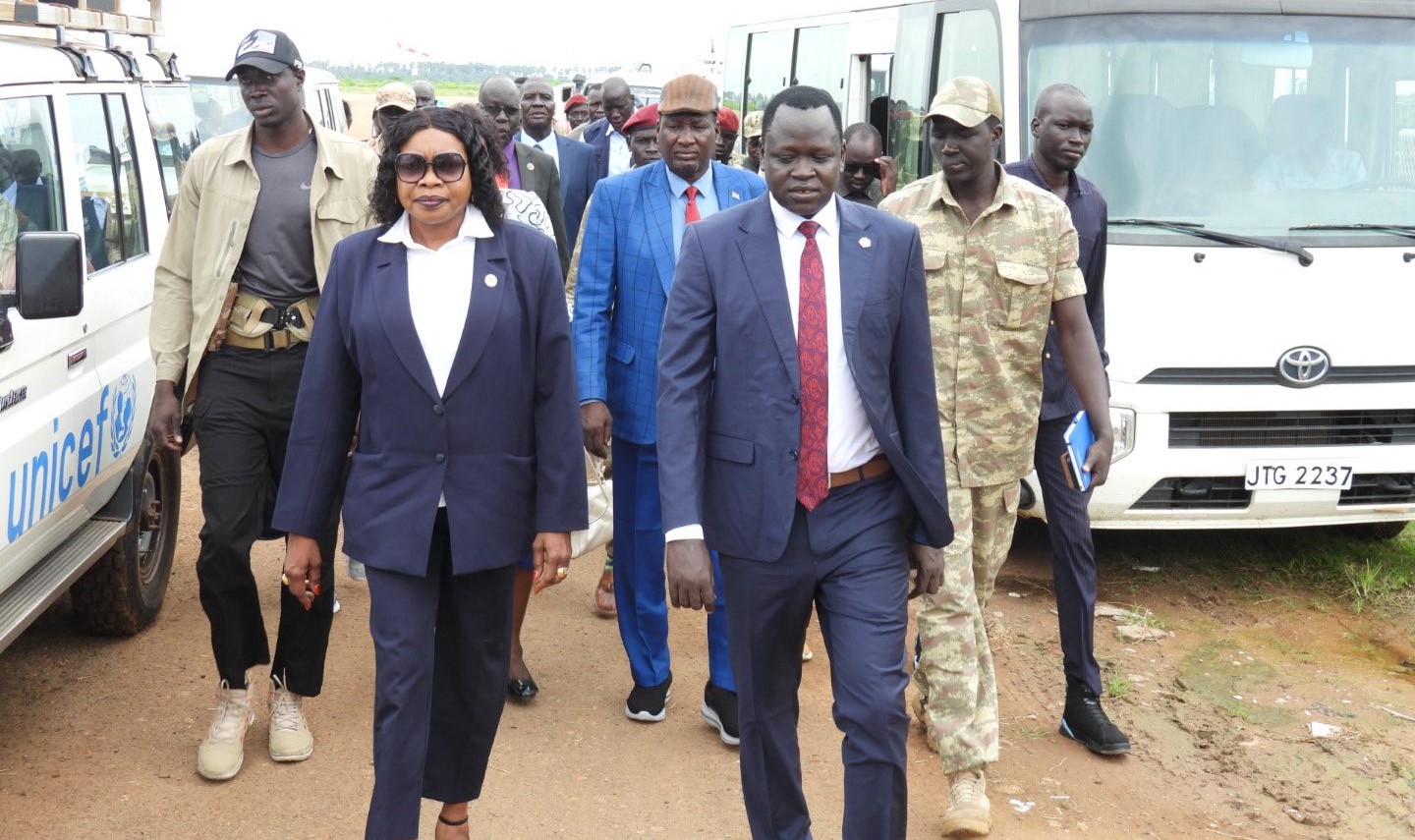 Upper Nile State Hosts Attention-Landing Tour by Minister of Health with Call to Rebuild Local Services
Upper Nile State Hosts Attention-Landing Tour by Minister of Health with Call to Rebuild Local Services
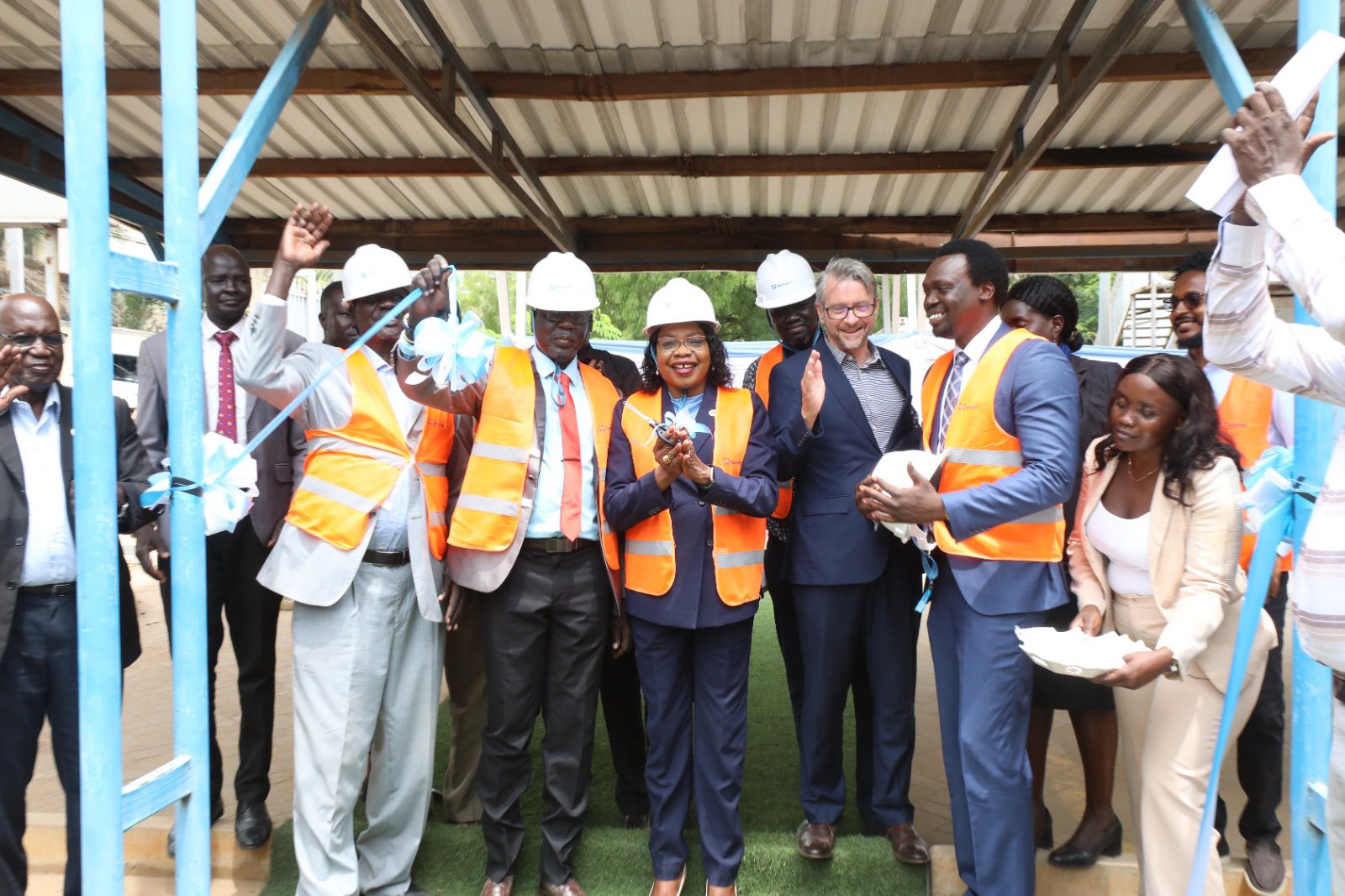 Ministry of Health Commissions New Solar Power System to Strengthen Health Services
Ministry of Health Commissions New Solar Power System to Strengthen Health Services
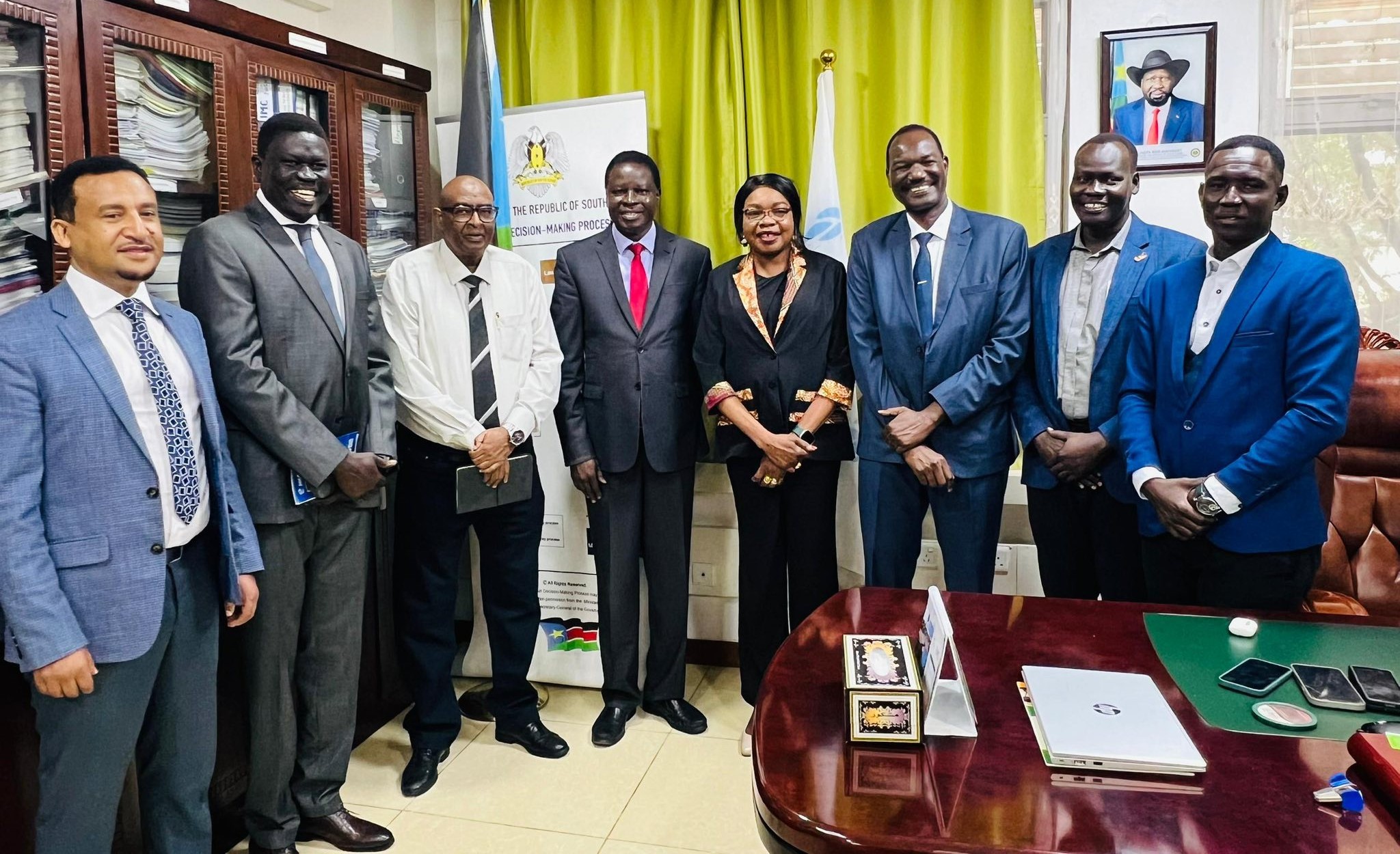 Ministry of Health Hosts IGAD Team to Discuss Health Financing
Ministry of Health Hosts IGAD Team to Discuss Health Financing
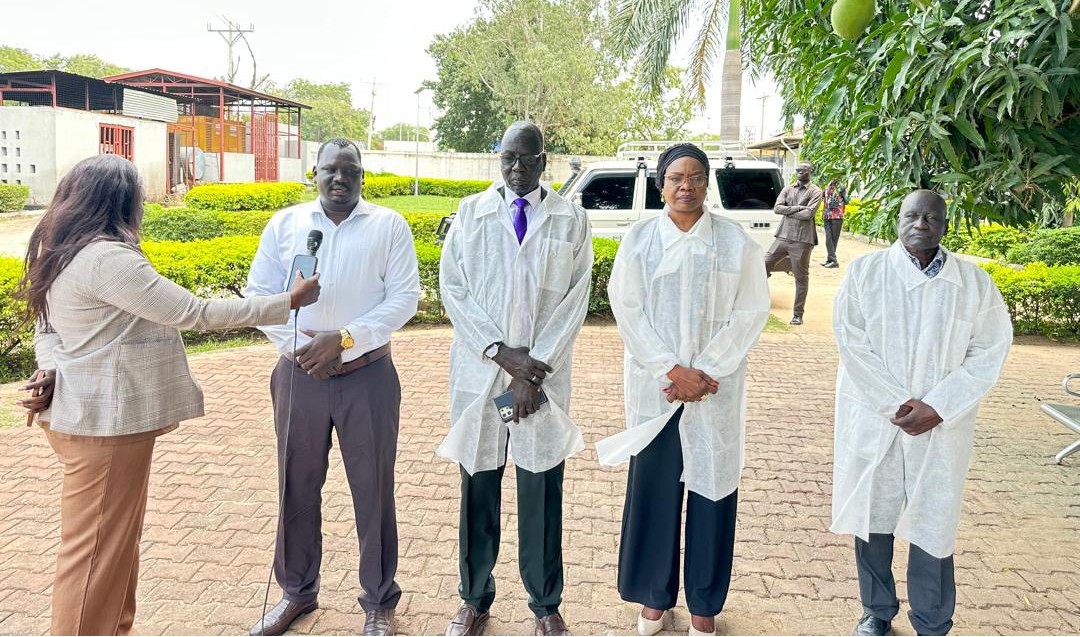 Urgent Need for Voluntary Blood Donation Highlighted by Health Minister in Juba
Urgent Need for Voluntary Blood Donation Highlighted by Health Minister in Juba

The Ministry of Health is an institution of government that works to maintain South Sudanese health by offering efficient medical facilities and humanitarian support.